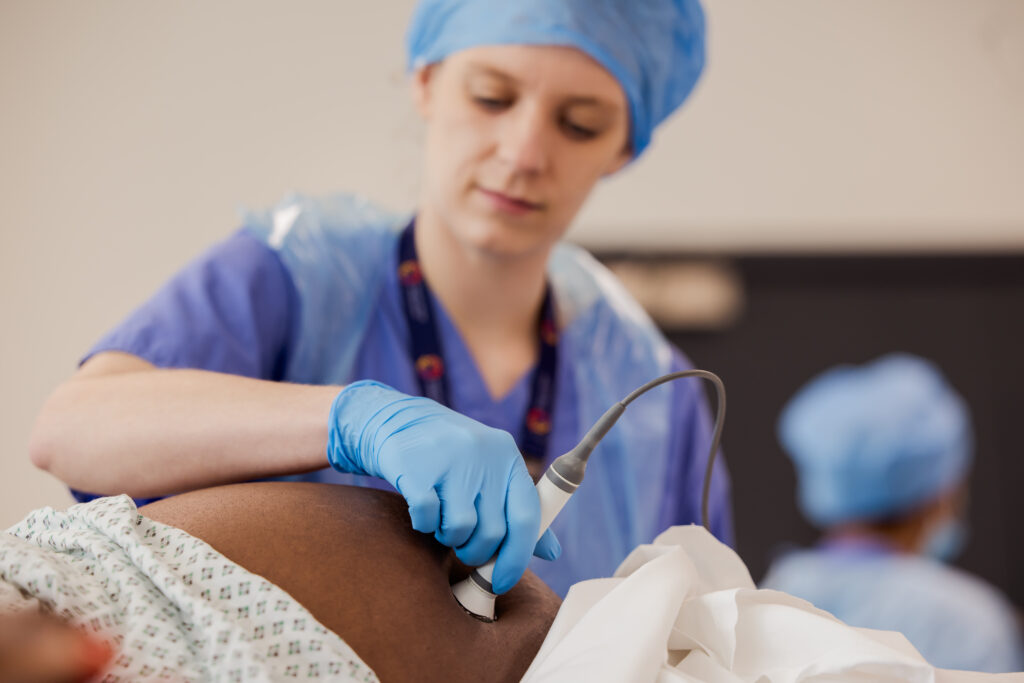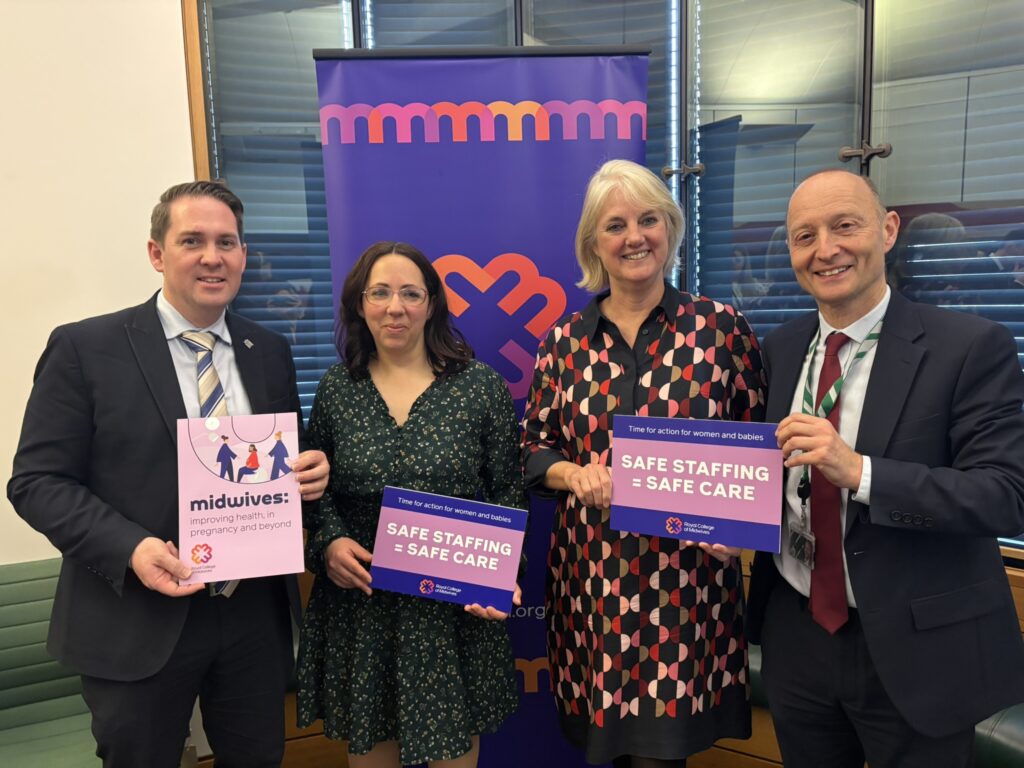On the eve of International Women’s Day, the Royal College of Midwives (RCM) has joined the Royal College of Obstetricians and Gynaecologists (RCOG) and 47 other women’s heath charities and health organisations are calling for concrete commitments to ensure women receive the quality healthcare they need through their lives, in an open letter to the UK government.
Exclusive polling from the Royal College of Obstetricians and Gynaecologists has revealed that only 5%* of women surveyed think the Government is currently treating women’s health as a priority, with almost half (46%) of women finding it difficult or very difficult to access the health services they need when they need them.
The organisations, which include the Faculty of Sexual and Reproductive Healthcare, the Royal College of Midwives, Wellbeing of Women and the Eve Appeal have set out key actions needed to tackle the devastating impact of underinvestment in women’s healthcare. The upcoming government Spending Review and 10-Year Health plan are crucial opportunities to put this right and help them to deliver on their promise of prioritising women’s health.
Key calls for action outlined in the open letter include:
- A commitment to long-term, sustained funding to address the complex systemic issues driving gynaecology waiting list growth.
- Investment in maternity workforce recruitment, retention and training time, including for perinatal mental health services.
- Continued support for women’s health hubs to improve women’s experience of care, increase the services they can access in the community and improve efficiency across the system, ultimately cutting elective waiting lists.
- Measures to address stark inequalities in health outcomes, including maternal deaths, stillbirth and premature births, and gynaecological cancers diagnosis and treatment.
- Visible and coordinated connections across UK government departments to achieve sustainable and long-term improvements to the wider factors shaping women’s health.
Dr Ranee Thakar, RCOG President, said:
“The Government was elected on a manifesto promise to prioritise women’s health and we are asking them to stand by this promise. By investing in 51% of the UK population, they have an opportunity to not only improve women’s health and tackle health inequalities but to save the NHS money and drive UK economic growth too.
“We support the government’s focus on waiting times, moving care into the community, prevention and use of technology within the 10-Year Health Plan. However, it is vital that we see the needs of women at the heart of future NHS plans, and the College is committed to working with the government on this. Get it right for women, and everyone benefits”.
Jane Plumb, Chair of the RCOG Women’s Network, said:
“As we mark International Women’s Day, we must accelerate action on women’s health. Women deserve safe, personalised, and compassionate care throughout their lives. By investing in women’s health hubs, reducing gynaecology waiting lists, improving maternity care, and addressing health inequalities, we can ensure better health outcomes for women and girls across the country. We must include the voices of those who have experienced care – including poor care – at the heart of health plan development so that safety issues are addressed proactively. Let’s work together to make this a reality.”
See the full open letter for further information on our calls to government: https://brnw.ch/21wR8Ds
ENDS
Notes to Editors:
- *When asked ‘ Thinking about the things the Labour Government are currently doing, do you think they are or are not treating women’s health as a priority?’ only 5% answered ‘They are’, 61% answered ‘they are not’ and 34% answered ‘Don’t know’.
- When asked how ‘Generally speaking, how easy or difficult do you find it to access women’s health services when you need them? 36% answered ‘very easy’ or ‘fairly easy’ and 46% answered ‘fairly difficult’ or ‘very difficult ‘and 18% answered ‘don’t know’.
- All figures, unless otherwise stated, are from YouGov Plc. Total sample size was 1228 Women (18+). Fieldwork was undertaken between 20th – 21st February 2025. The survey was carried out online. The figures have been weighted and are representative of all UK adults, routed to women only (aged 18+).


